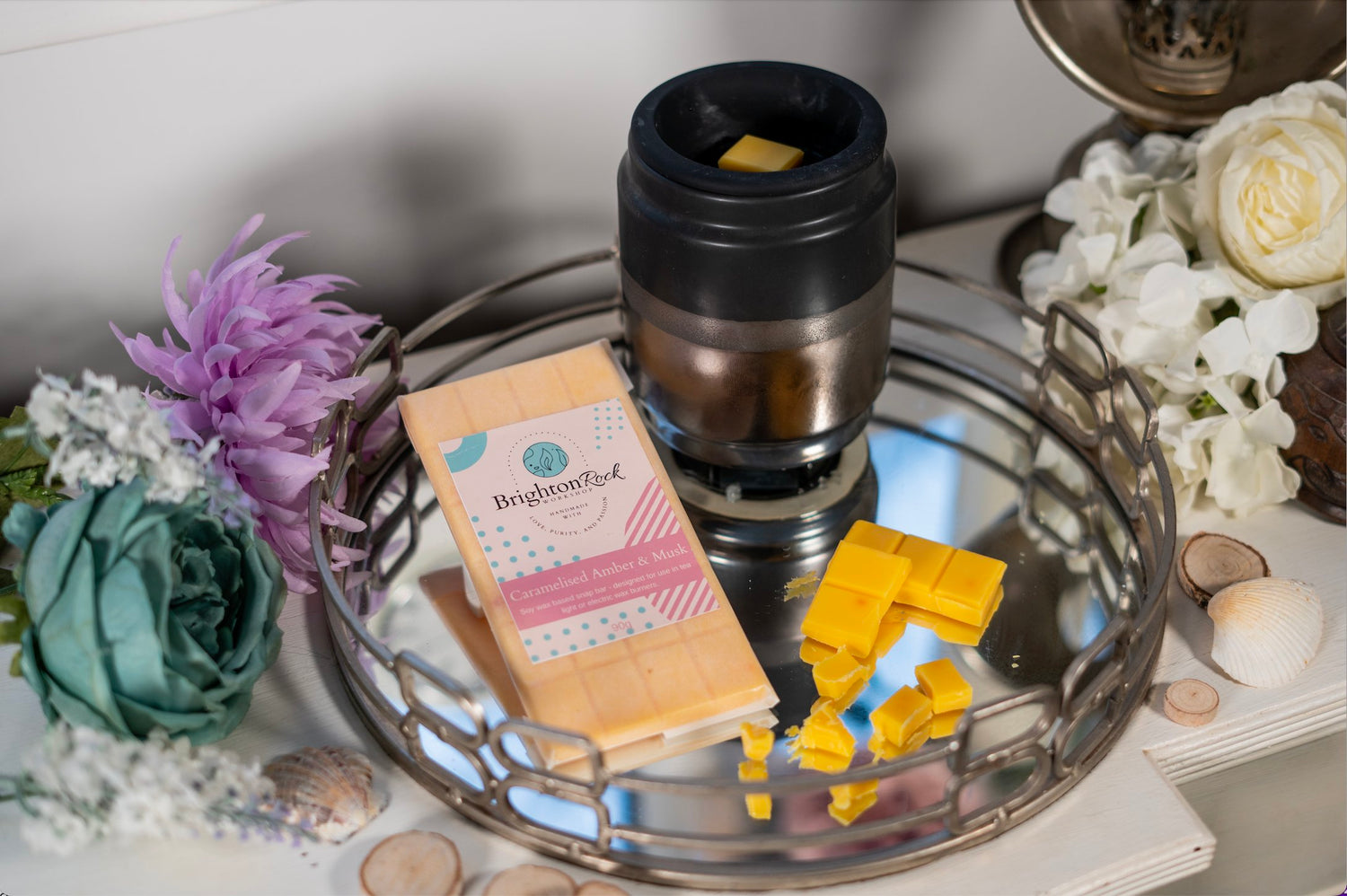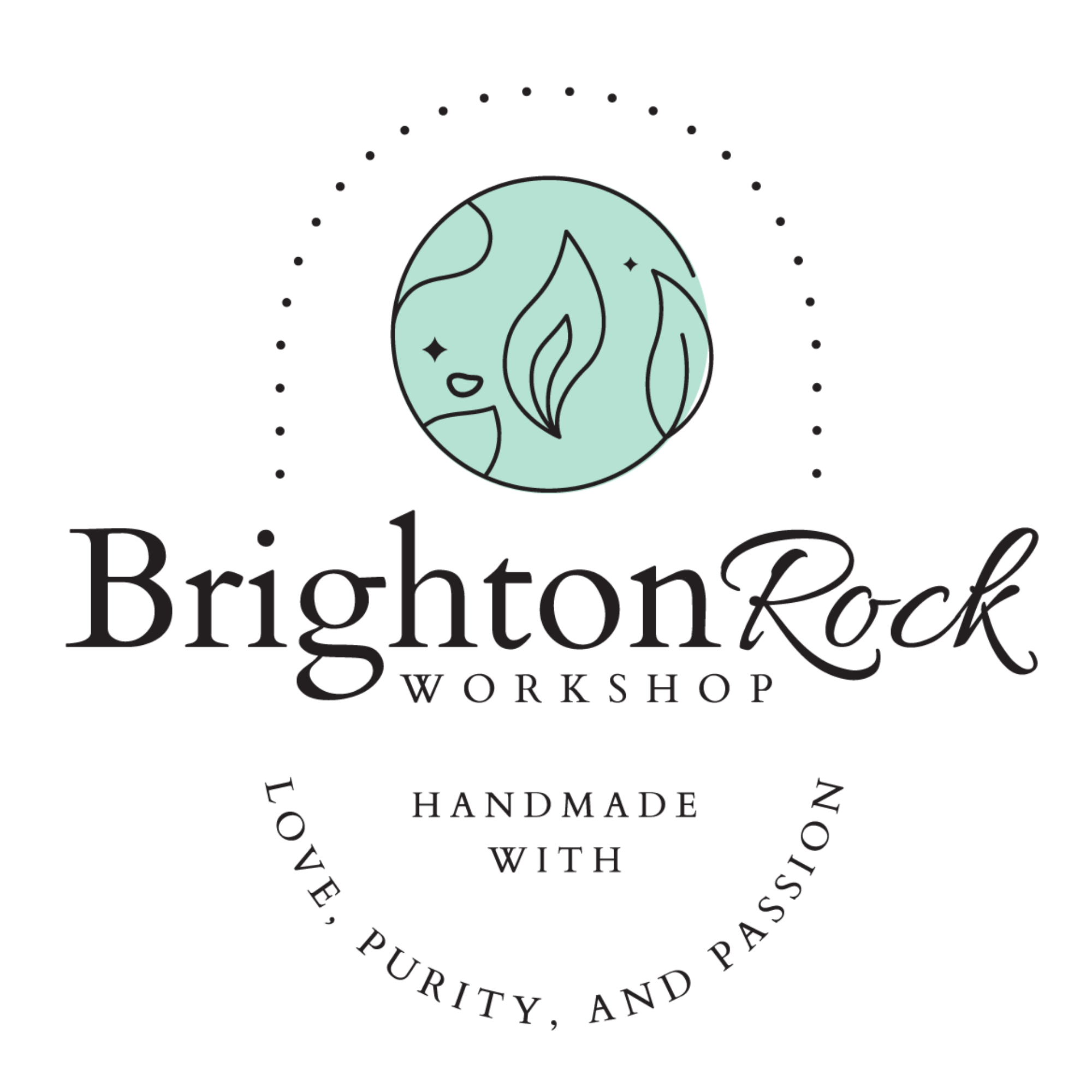As recent years have gone by, it has become almost impossible for the human race to ignore the impact that our actions have had on the environment. From global warming to deforestation, species who have been around longer than ourselves becoming extinct, air pollution and shortages of non-renewable resources, the Earth has become somewhat a ticking time bomb.
Whilst it is an imperative and progressive step that the general population has become more aware of the changes that need to be made, it has also become an over-saturated and monotonous marketing niche. Nowadays, almost every product on the market is labelled as 'eco-friendly' or 'ethical', and whilst this is absolutely what we all want to hear and buy into, what really makes a product ethical? How do we know that the businesses we are giving our money to actually care? The misfortunate truth is that anybody can market almost any product as 'eco-friendly' or 'ethical' because these terms are mostly relative.
So what makes an eco-friendly product? Generally speaking, we view products as eco-friendly if we can recycle them or they have been made from recycled materials, or if we have bought them locally, for example. But the truth is that it is incredibly difficult to prove a product's impact on the environment or eco-system. This is because, in reality, we have no idea of the processes that have taken place during a product's lifespan before it reaches us or after we are finished with it. I think we can all agree that biodegradable straws are better for the environment than those made from plastic, but does it really have any impact if they all end up in landfills? What most people don't realise, although meaning well, is that for these straws to even decompose effectively they have to be separated from all other trash items and sent to an industrial composting facility, which usually is not local.
The same concept applies to a lot of products that have been labelled as safe for the environment, and the cosmetics industry is a prime example. Think about this: If a product is all-natural in form and is marketed as such, but is packaged in plastic and mass-produced in India where worker conditions are poor and extreme industrial farming has taken place to manufacture it, then is it technically an all-natural and eco-friendly product? I don't think so, personally.
Whilst many businesses genuinely try to do as much as possible to create eco-friendly and ethical products, it is important to consider that for a lot of them it is nothing more than a clever marketing tool. There are many ways that a product can hurt the environment; just because they are conscious of certain aspects, it does not mean that they aren't still doing damage.
Here are just a few examples to consider:
- Where was the product made? And what level of impact has the import/export methods had on the environment?
-
Who physically made the product? Was it made via mass production in a factory or was it handmade in a small independent workshop in small batches to ensure care and precision. Or somewhere in between? Mass production is one of the leading causes of air pollution and worker exploitation. Sweatshops exploit adults and children alike, forcing them to work severely long hours in hazardous and unsanitary conditions, and compensate negligently. On top of this, they release substantial amounts of greenhouse gases.
- Has the testing and production of the said product harmed animals? Vegan and cruelty-free are now important factors to consider when buying into a brand. Many businesses claim to sell vegan-friendly and cruelty-free products and while it may stand true that they do not test on animals or include animal byproducts in their recipes, many companies are not fully clued up on what is vegan and what's not, or at what point there could have been potential harm to animals. For example, a cosmetics company may produce a cream or body butter, or a home-fragrance company may produce a range of candles. They will likely outsource all components of these products, from waxes to shea butter, coconut oil, fragrance oils and essential oils, and more... But realistically, they are not aware of the processes needed to extract these raw materials. Possible outcomes include deforestation and intense industrial farming.
- How is the product packaged? Is the packaging made from renewable sources, is it recyclable or made from recycled elements? Where will it likely end up after you have disposed of it? If a business' website does not provide information on this, then the likelihood is that it is harmful to the ecosystem.
- How does a business treat its employees? An ethical business should demonstrate respect to employees, vendors, suppliers/manufacturers and customers. Employees should be paid fairly, not be exploited, treated as equals, and should not be exposed to discrimination against skin colour, age, religion, gender, sexual orientation, or anything else. A business should also make sure that suppliers and manufacturers are paid on time for the work they have done and the items they have supplied. They should pay their taxes, abide by the law, and demonstrate a complete understanding of consumer rights. A quick Google search should shed some light on any known ethical issues that a business may have encountered.
- Is the product green? How energy efficient is the product, or even the business as a whole? What manufacturing methods are used and what kind of energy consumption is going to be needed in the future use of the products?
Any business that includes concern for the environment and/or ethics in their branding, no matter what industry, should be able to answer all of these questions and be happy to do so. Here at Brighton Rock Workshop, we love it when our customers want to know what they are buying into and we celebrate curiosity and progressive mindsets.
So the answer to 'what makes an ethical/eco-friendly product' is largely relative as there are many different factors to consider. It generally boils down to the materials that it contains and how damaging it is to harvest. Labelling a product as 'eco-friendly' or branding a business as 'ethical' are unregulated terms that fall in a high grey area and can be extremely difficult to prove. You should decide what factors are most important to you personally. Perhaps it is that the product is 100% vegan and cruelty-free, that it is sourced locally, or that the business looks after its employees well and pays their taxes. Dig deep into a business' ethos to see what they have to say and if their values are in line with your own, and also make sure to check if they know exactly what makes their products and business ethical and safe for the environment. Find out if the business you want to buy into gives back to the environment or the community and how active they are to do so!
Please keep in mind that this blog post is not intended to sway you from buying great products, but to educate and to raise awareness of issues surrounding eco-friendly marketing. And remember:
You do not have to choose between treating yourself and treating the environment! With responsible purchasing, you can do it all!
Thanks for reading! Make sure you sign up for Brighton Rock's newsletter to hear about future blogs, products, and promotions. You can also browse our products here: www.brightonrockworkshop.com
-Lois,
Owner at Brighton Rock Workshop®


